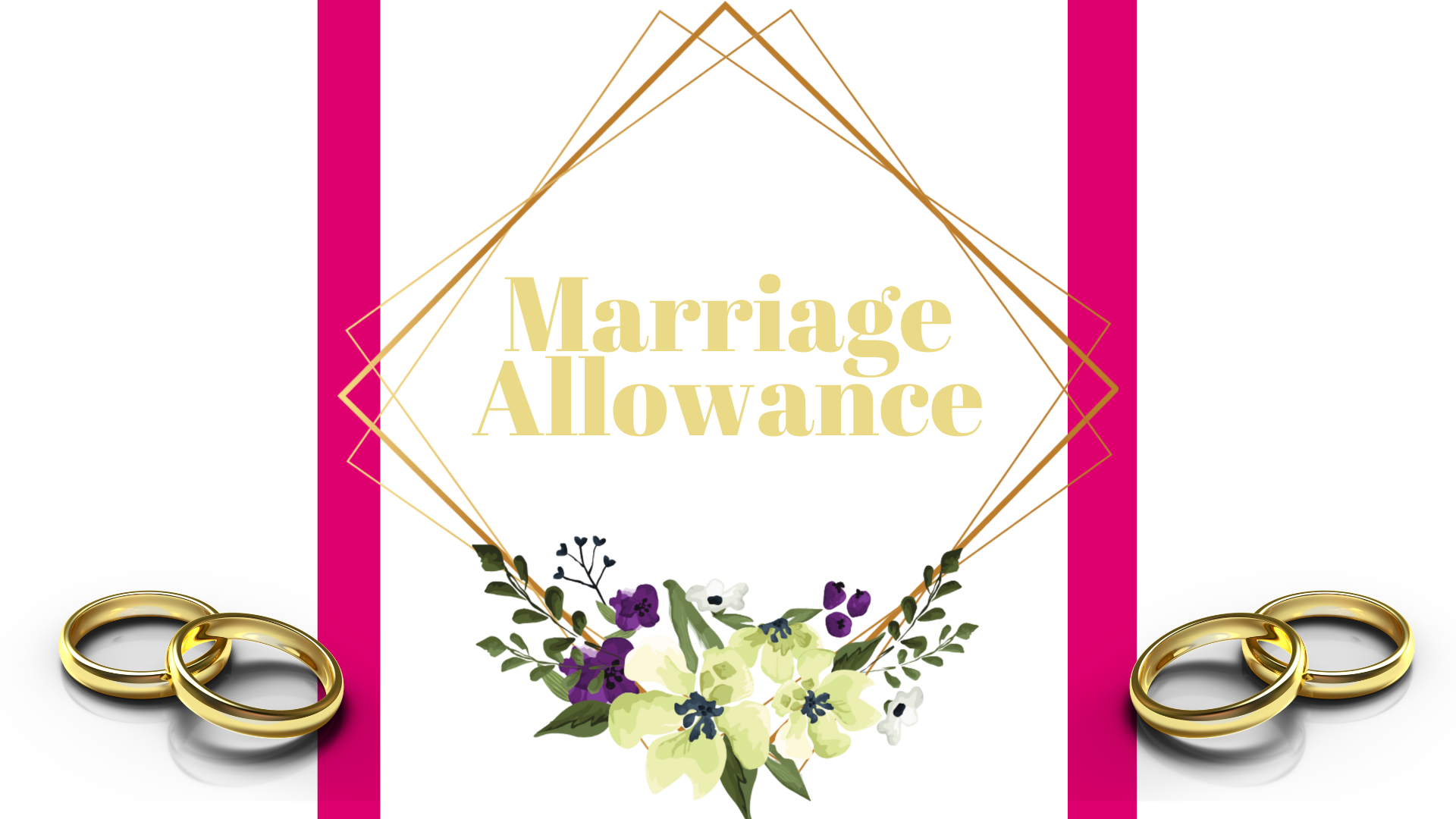As we are in the middle of wedding season, it’s worth reminding everyone about marriage allowance. This extra bit of tax relief could be especially helpful to people now during the cost of living crisis.
What is marriage allowance?
Marriage allowance lets you transfer 10% of your unused personal tax allowance to your husband, wife, or civil partner. This will then reduce their tax bill by that amount. It could be worth up to £252 a year!
Am I eligible?
To be eligible to marriage allowance you need to be;
- Married or in a civil partnership
- one partner earning below the personal tax threshold of £12,570 per year
- The other partner earning below the higher rate tax threshold of £50,000 per year
Unfortunately you can’t claim marriage allowance if you are only co-habiting and not married or in a civil partnership.
How do I claim marriage allowance?
If you are a client of ours, mention that you would like to apply for marriage allowance when we complete your tax return. We can then help you sort this out.
You can also apply yourself by phoning the income tax helpline on 0300 200 3300 or by applying online. You will need your partner’s national insurance number for the claim.
There are some online firms that will charge you a commission for claiming through them, our advice is to stay away from these and to either claim yourself by contacting HMRC or through your accountant. We do not charge our clients extra for this. This will ensure you get 100% of what you are owed!
Can I backdate my claim?
When applying for marriage allowance you can backdate your claim to 5th April 2018! So if you have been eligible for marriage allowance since then, these tax years will be included in your claim and you could receive more money back.
If you are married and not already taking advantage of the marriage allowance then what are you waiting for! Make sure you apply to receive your tax refund.







